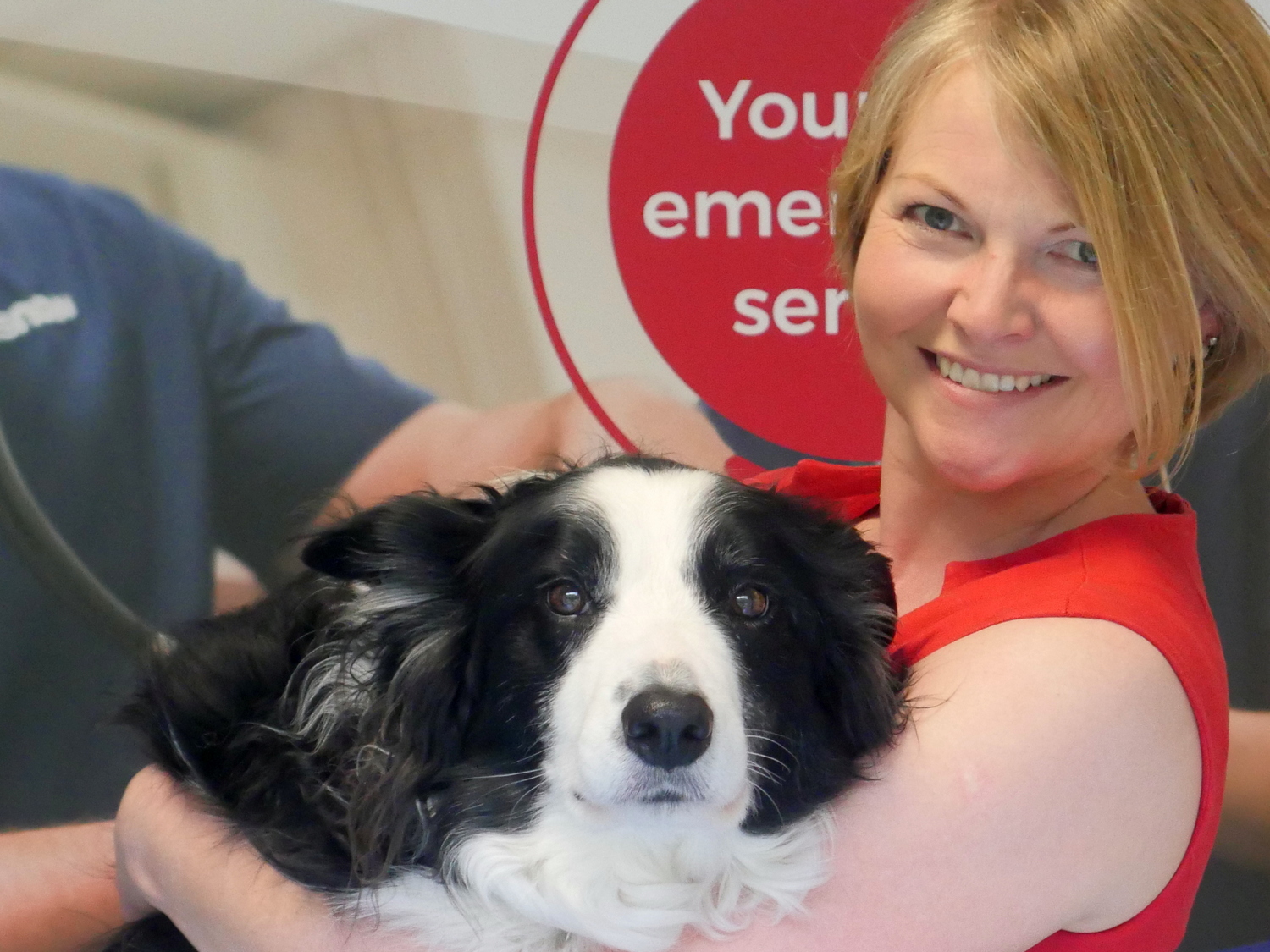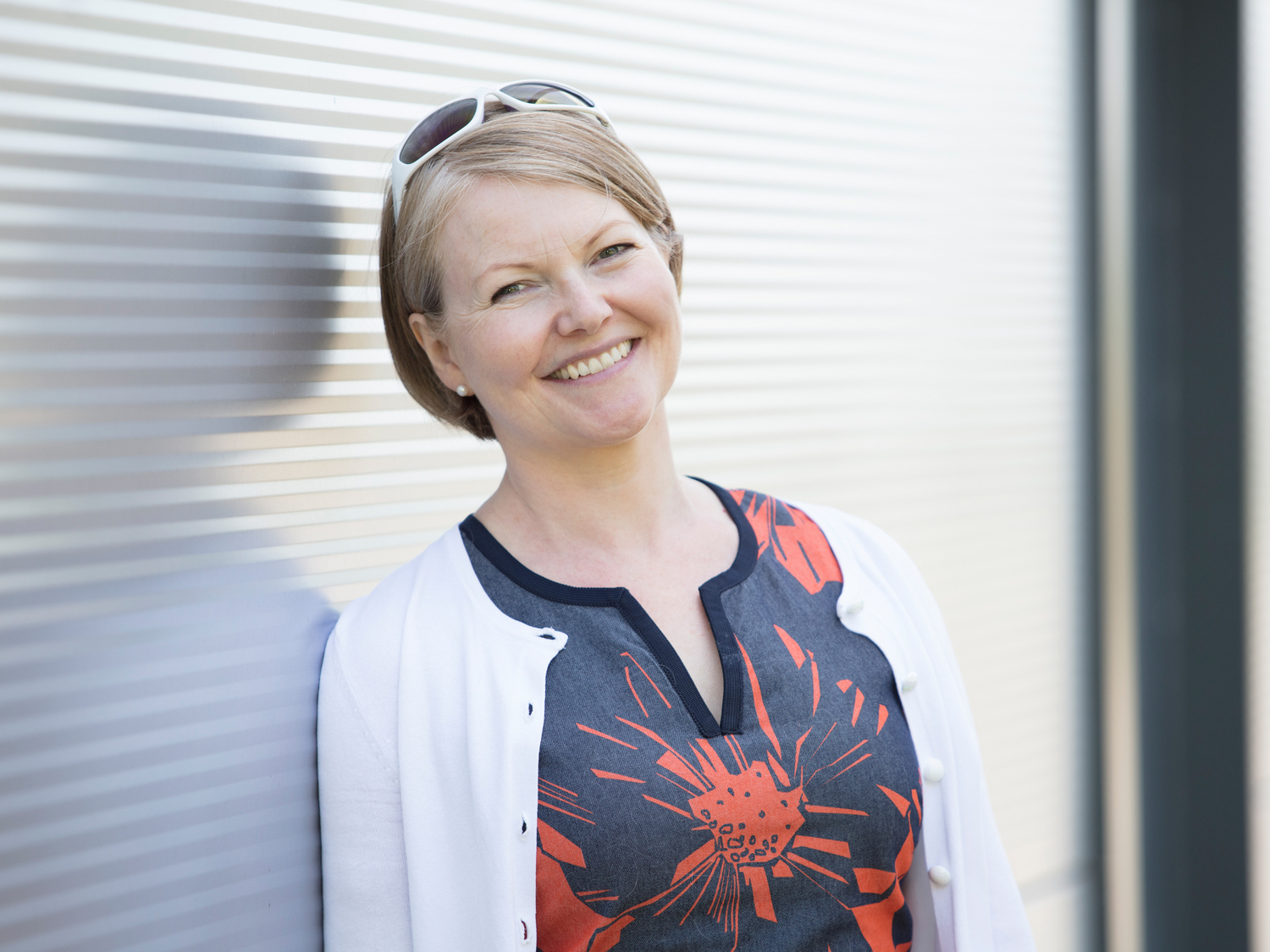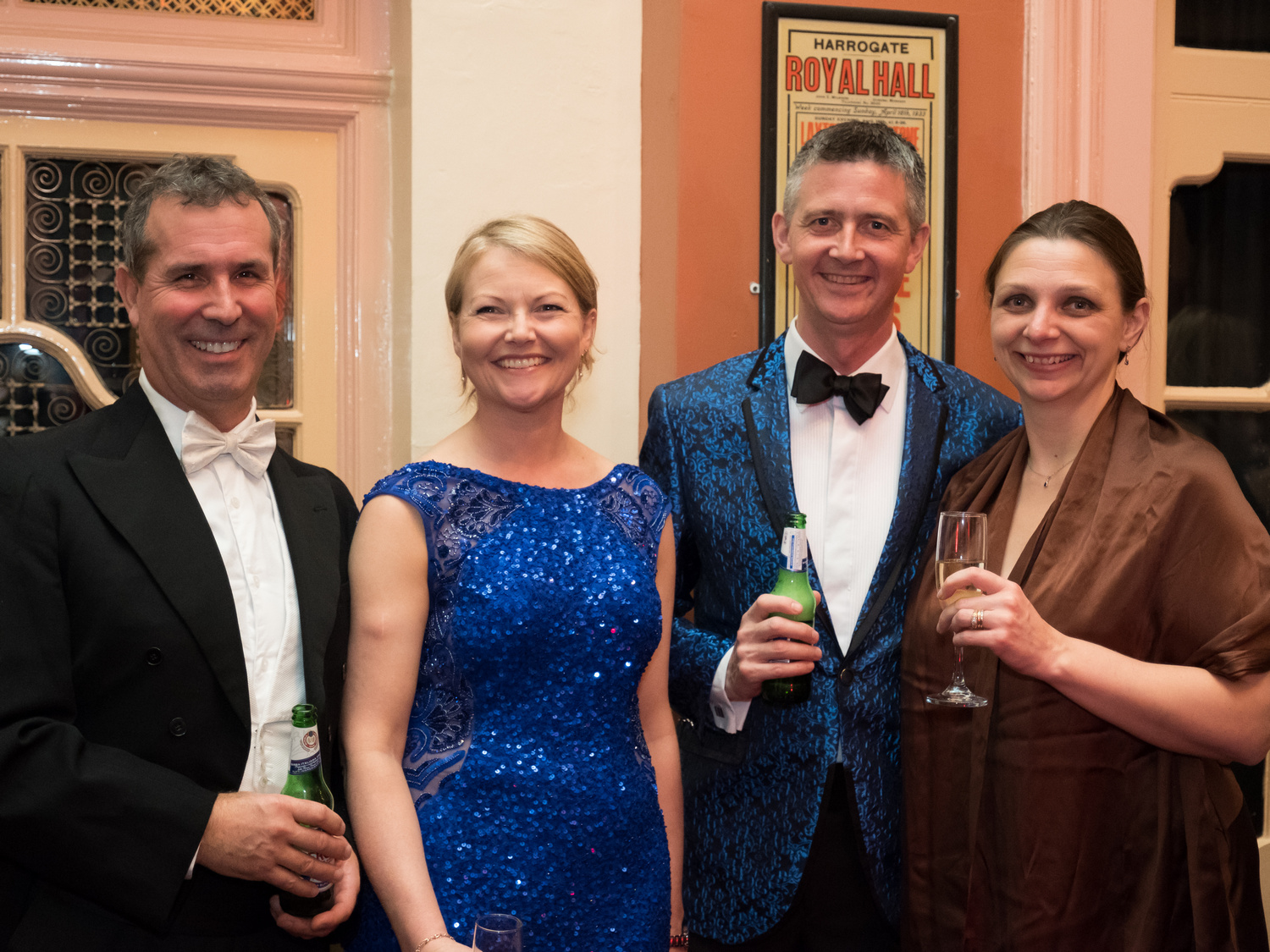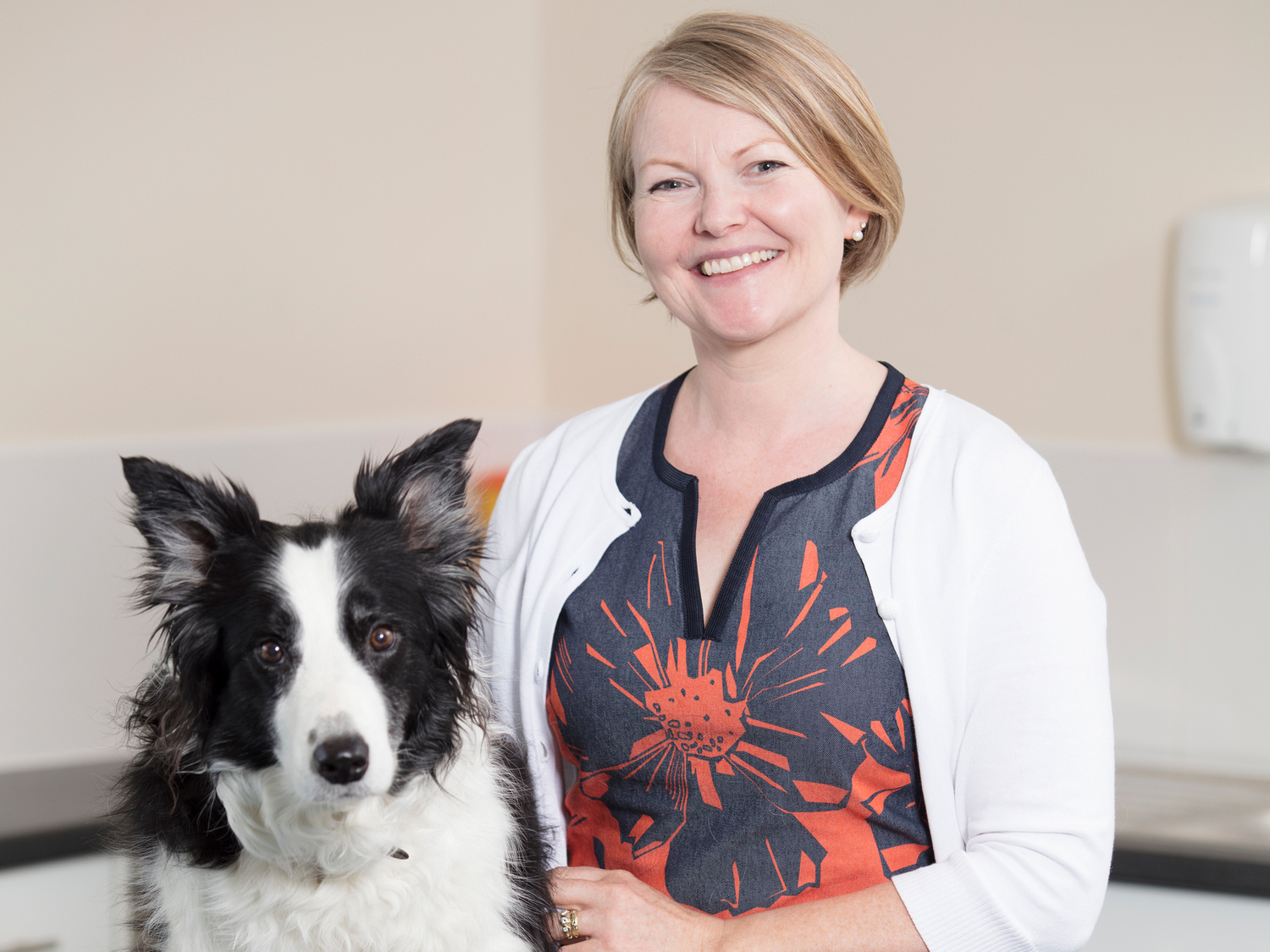Vets Now’s chief executive officer Tricia Colville looks back on the company’s formative years
For Tricia Colville it’s a day that’s still etched in her memory after two decades, one that she says was, quite simply, “a gamechanger”.
It was the day Vets Now began operating at the PDSA hospital in Glasgow where she worked as a vet. Suddenly, literally overnight, she and the other staff could transfer the care of the animals they looked after in the hands of others and go home to their beds.
For veterinary practices and practitioners across the country, such OOH provision is now a part of the very fabric of the profession.

Vets Now, founded by vet Richard Dixon in December 2001, operates more than 60 out-of-hours clinics across the country as well as 24-hour hospitals in Glasgow and Manchester.
Partnered with more than 1400 daytime veterinary practices, it provides a seamless out-of-hours emergency service for pet owners when they need it.
But as Vets Now celebrates its 20th anniversary Tricia, who is now chief operating officer, recalls a totally different landscape.
“I very clearly remember the night Vets Now took on the out of hours,” said Tricia.
“Before then, one of us would come into work with our sleeping bag and put it in the duty room upstairs, with our bowl of cereal for the morning, and whatever take-away meal we’d be putting in the microwave.
“For the first time ever, we were all leaving the building at the end of our day shift, and that was such a gamechanger. I don’t think it truly sunk in that we were all going home and somebody else was coming in to look after not just PDSA patients but those from several of the practices in Glasgow.
“So, a huge number of vets who would normally be on call were all getting that opportunity to switch off.
“I know how much of a difference that made. A decade and more later, I know vets were still sending thank you letters.
“They often came at Christmas, saying that especially at that time of year they were so thankful to Vets Now for being able to spend time with their families.”

As the business grew, a need was identified for the establishment of a new 24/7 emergency and specialty hospital in Glasgow.
Tricia was enticed to join and manage it, the sense of sadness of stepping away from her frontline vet duties tempered by still being in a clinical environment.
“The vets and nurses would still get me to come and see some patients in the kennels – especially if it was a Border Collie as they knew I was a big fan and could get a cuddle,” smiled Tricia. “That transition definitely helped.”
Although the state-of-the-art Glasgow hospital was in large city centre premises, demand from both pet owners and vets meant bigger premises were needed.
Tricia project-managed the plans in her then role as Business Development Director.
“We had grown so much that we had reached capacity,” said Tricia. “We were operating clinically out of just one floor, with a mezzanine level for staff rooms and offices. We’d run out of theatre space and the OOH team were running out of kennels.
“As well as emergencies, we were getting referrals from vets from as far afield as Aberdeen and Inverness, all across Scotland really.”

During her tenure as Business Development Director, Chief Operating Officer and now Chief Executive Office, Tricia has also played a pivotal role in the opening of scores of new out-of-hours clinics across the UK.
The most recent was in Worthing, but there have also been recent openings in Sutton, Newport and Wrexham to name a few.
And the demand for Vets Now’s services has continued to grow, resulting in opportunities but also challenges given the current shortages of trained staff right across the profession.
“We’ve had a huge increase in practices looking to join us and also to consider opening new OOH clinics,” said Tricia. “We did have a waiting list for a time, and we have looked to increase our staffing, which has been a real challenge.
“But we have managed to attract and retain vets and, very importantly, RVNs, as well as ACAs and reception teams.
“We’ve also created efficiencies and procedures to help speed everything up and free up time for vets and nurses to see cases.
“We are looking at areas where we might be able to open up a new clinic, but we are very mindful of the staff required and therefore being able to properly do the job we need to do.
“We will continue to work in partnership with independents and the other corporate groups to ensure we’re there to support them and their clients when and where they need us.”

While the pandemic brought fresh pressures right across the profession, it also brought fresh thinking too.
Vets Now had been working on telehealth plans for some time and it expedited those and introduced Video Vets Now. It allows pet owners to speak to an emergency vet seven days a week from 8am to 11pm.
“We realised clients wouldn’t always be able to come into the practice, some were frightened to do so, and consults were taking longer as they often had to be outside,” said Tricia.
“Using the telehealth platform to have the conversation in the pet owner’s own home really helped. It has continued to be a well-used service and we are still seeing over 1000 consults a month as it has grown over the past year.
“Our caseload during the pandemic went up by 40%, so it helps take pressure off the clinics.
“There is a discussion within the profession currently around telemedicine and what the future and any guidelines may look like, but I would say it’s here to stay.”
The early days of any new venture are always full of promises and excitement.
But having been around since the very beginning, Tricia insists the years ahead are full of potential for development.
“Vets Now has never lost that buzz, that innovative sparkle and there is so much else we want to do,” said Tricia. “We have created a major projects committee to really focus on how we can make a difference to our teams on the ground.
“We always want to make it easier for them to treat the pets that need our help.”
